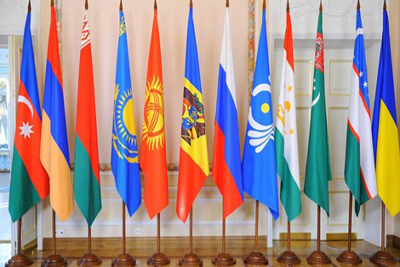
Agreement on Cooperation in the Development of Heavy Engineering Signed within the CIS
Agreement on Cooperation in the Development of Heavy Engineering Signed within the CIS
Tashkent, Uzbekistan (UzDaily.com) — At the regular meeting of the Council of Heads of Governments of the Commonwealth of Independent States (CIS) held on 5 June 2025, in Dushanbe, an Agreement on Cooperation among the CIS member states in the development of heavy engineering was signed.
Heavy engineering rightfully occupies a key position in the industrial complex of the CIS countries, accounting for over half of the total output of the machine-building sector. Its contribution significantly influences the structure of national economies, their industrial potential, and their competitiveness on the international stage.
The initiative to draft this Agreement was driven both by economic feasibility and the necessity to raise the technological level of production, as well as by the need to consolidate the efforts of state bodies, industrial enterprises, and scientific organizations. This cooperation aims to strengthen the position of manufacturers amid growing competition, facilitate the promotion of their products in foreign markets, and accelerate the adoption of modern scientific and technological developments in the industry.
The Agreement’s draft was developed at the initiative of the Tajik side and was based on the fundamental principles of the CIS Concept for Further Development, the Action Plan for its Implementation, the CIS Economic Development Strategy through 2030, the Concept for the Development of Industrial Cooperation, and other key program documents focused on expanding interaction in industry and innovative technologies.
The document places particular emphasis on the exchange of sector-specific information and best practices, professional training of engineering and technical personnel, enhancing cooperation in advanced technological fields, modernization of production capacities and technological infrastructure, as well as the creation of efficient production chains. These production chains, in turn, are expected to ensure growth in the volume of output and exports of high-tech, competitive products with high added value, including those targeted at third-country markets.
Among the priority areas of cooperation are innovative development and modernization of heavy engineering equipment, support for industries related to the manufacture of machinery and equipment for the metallurgical, mining, energy, oil and gas, and chemical sectors, as well as the production of large-sized metal structures and complex engineering products.